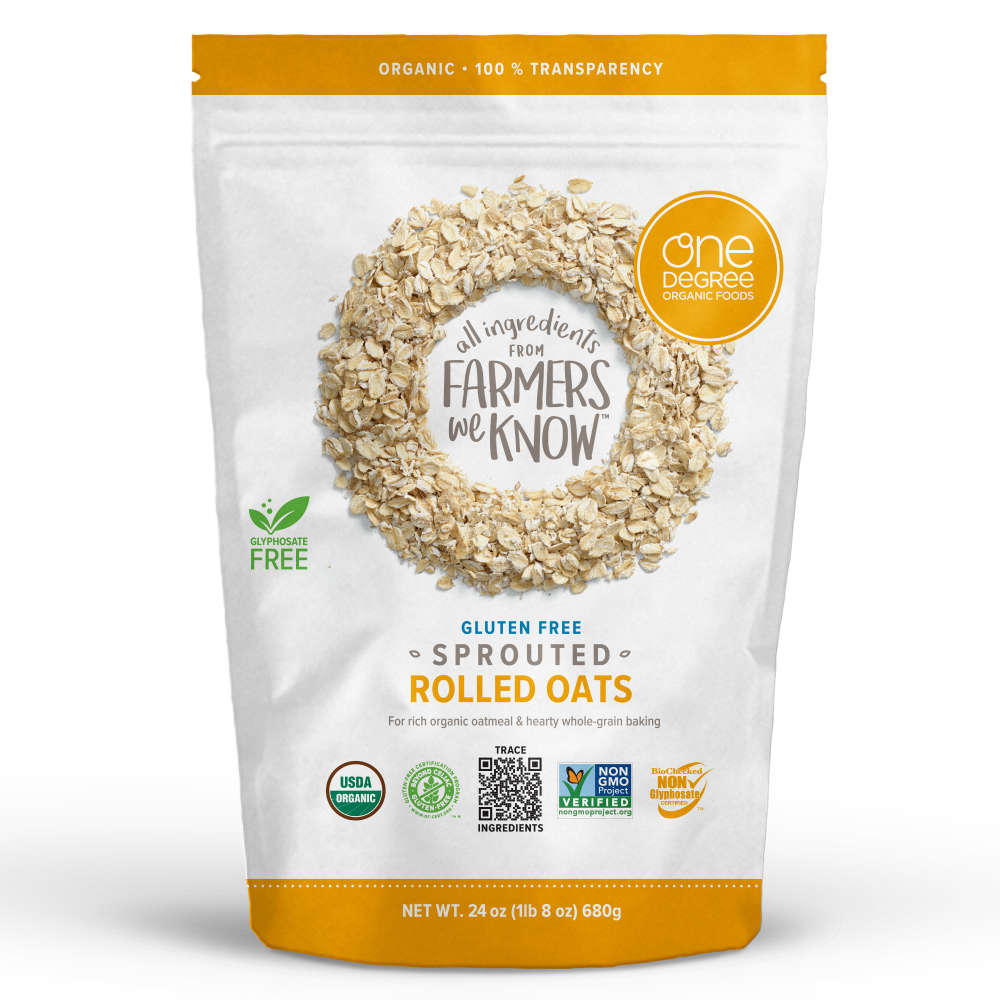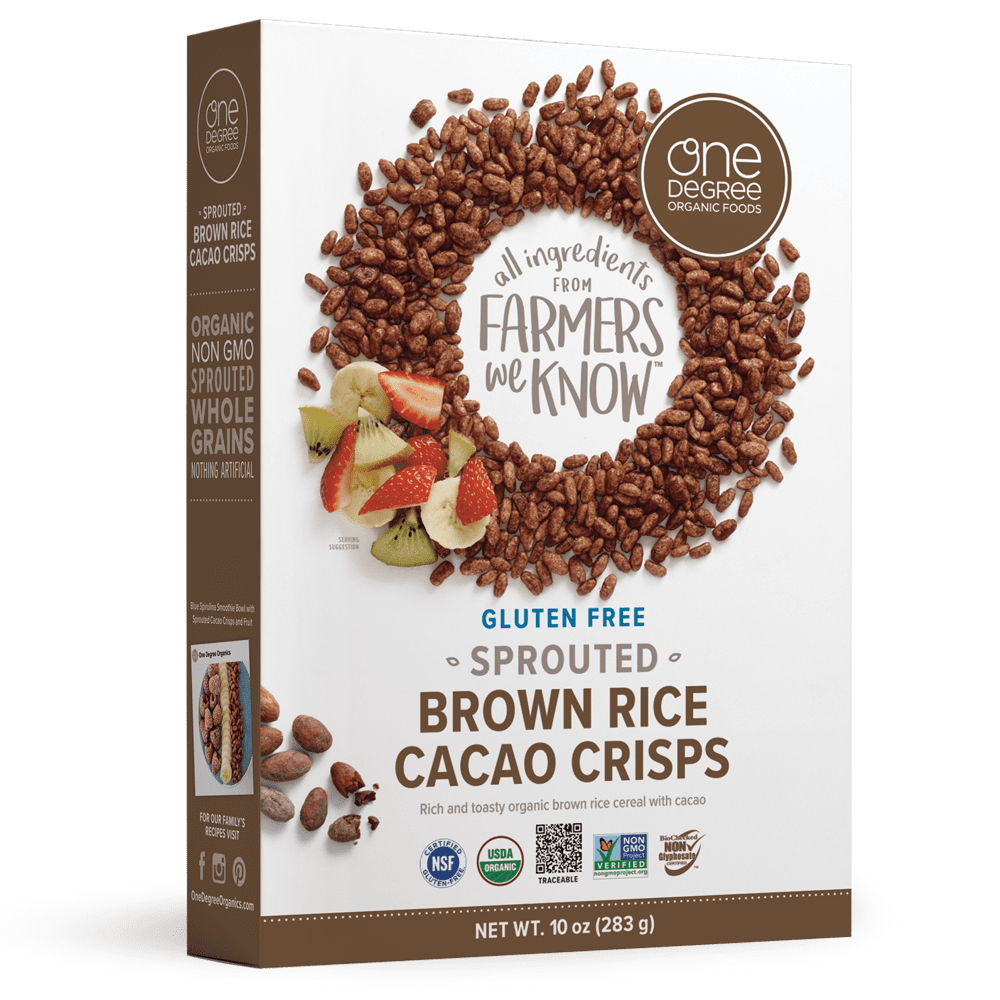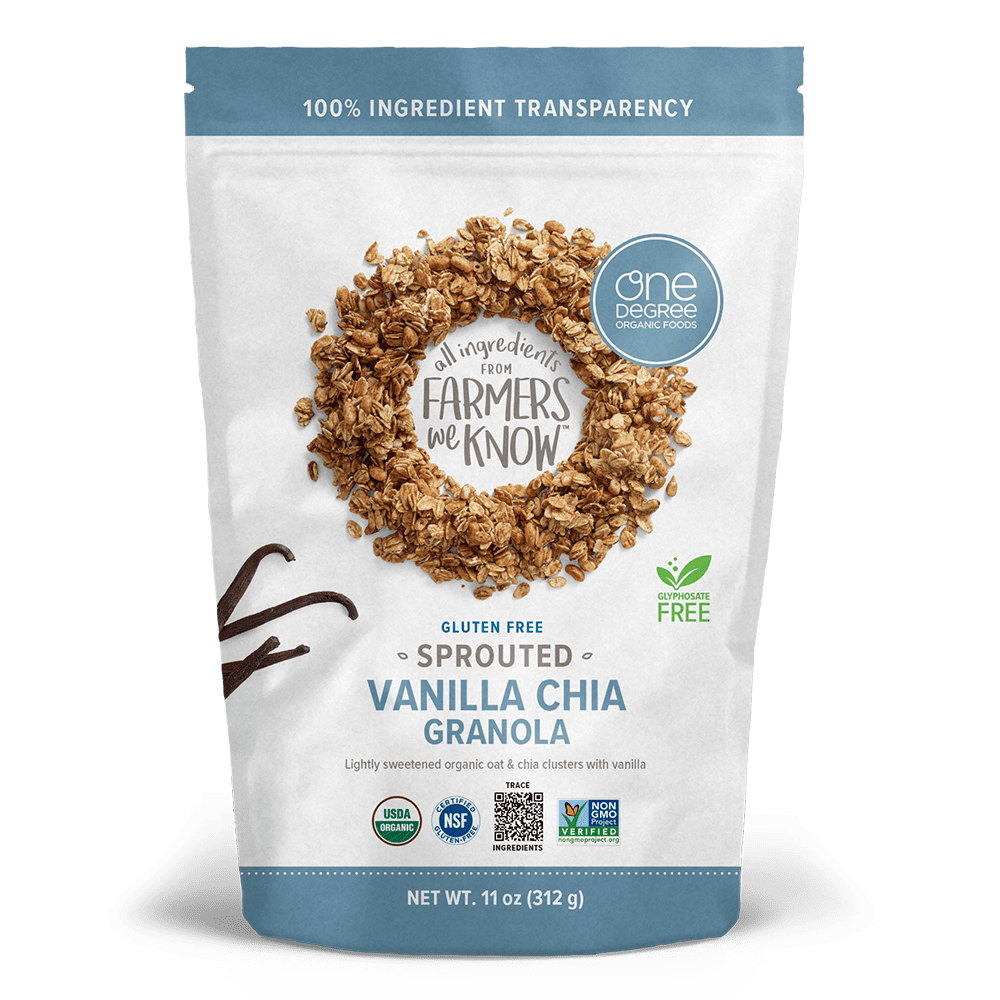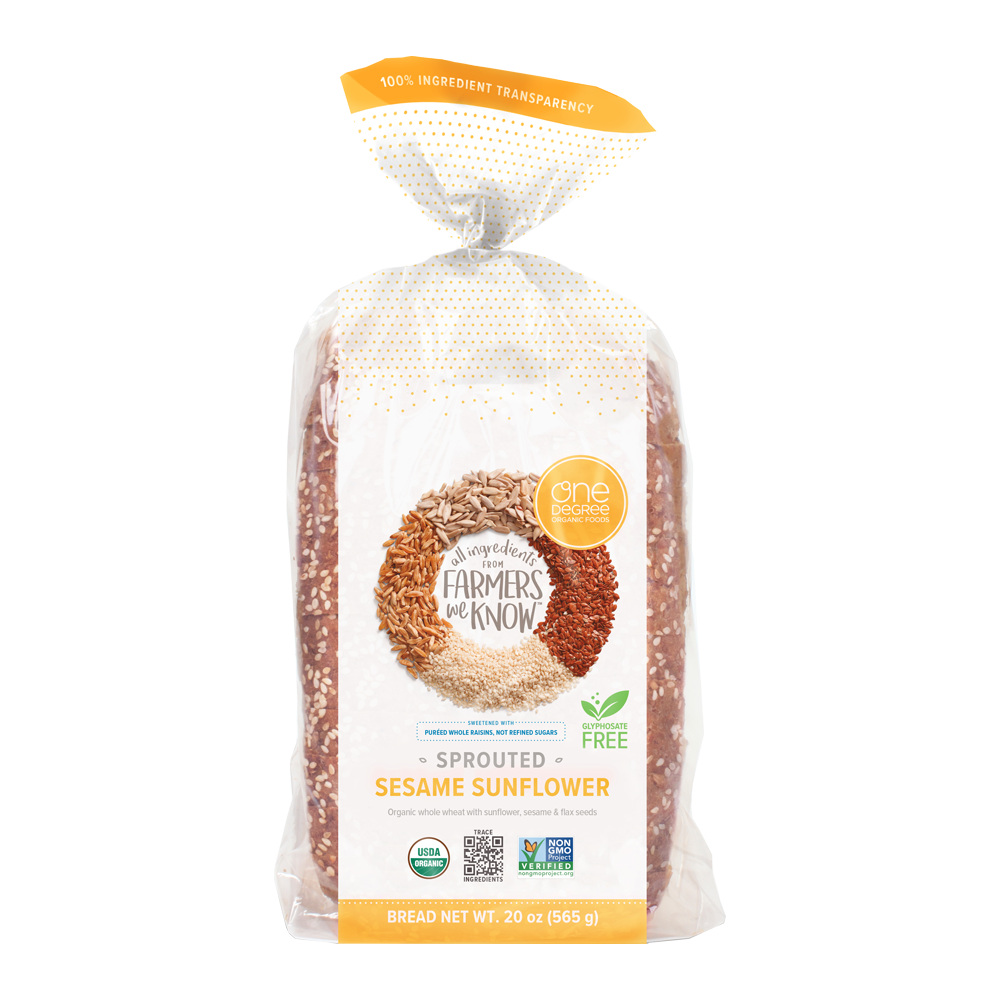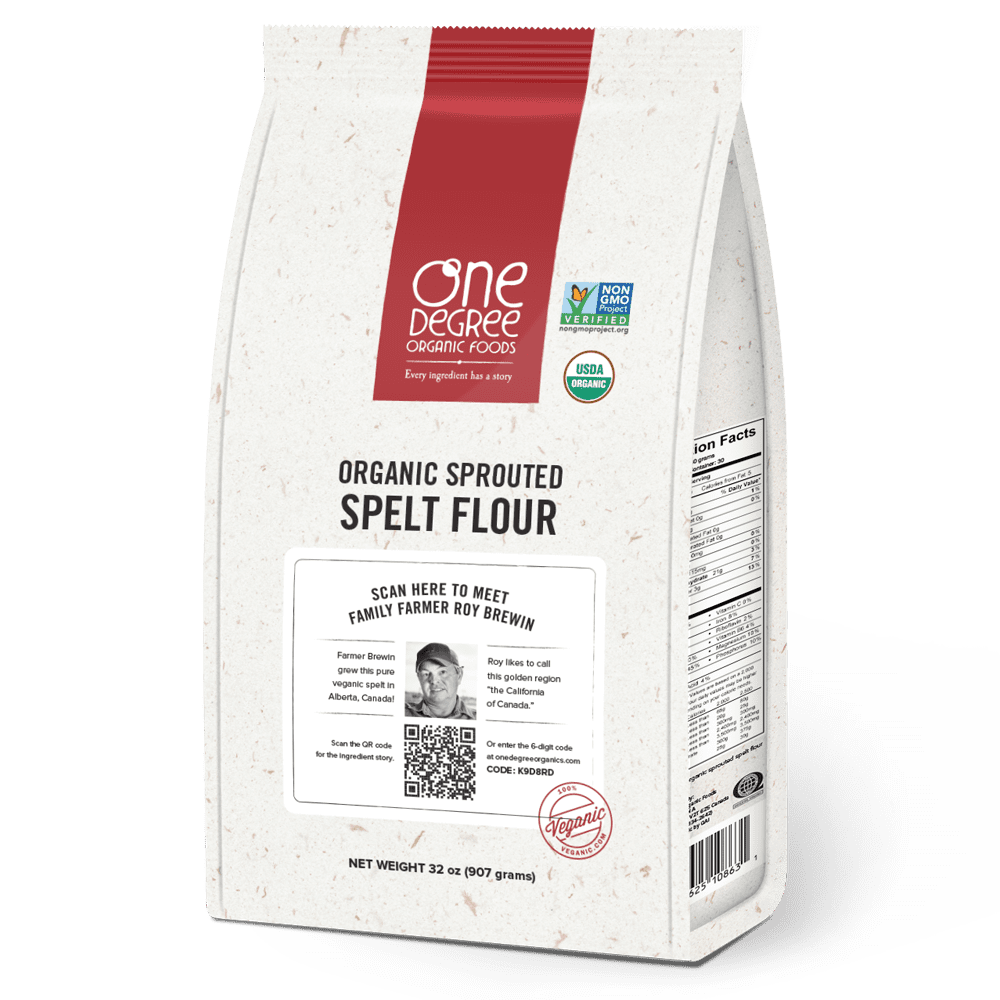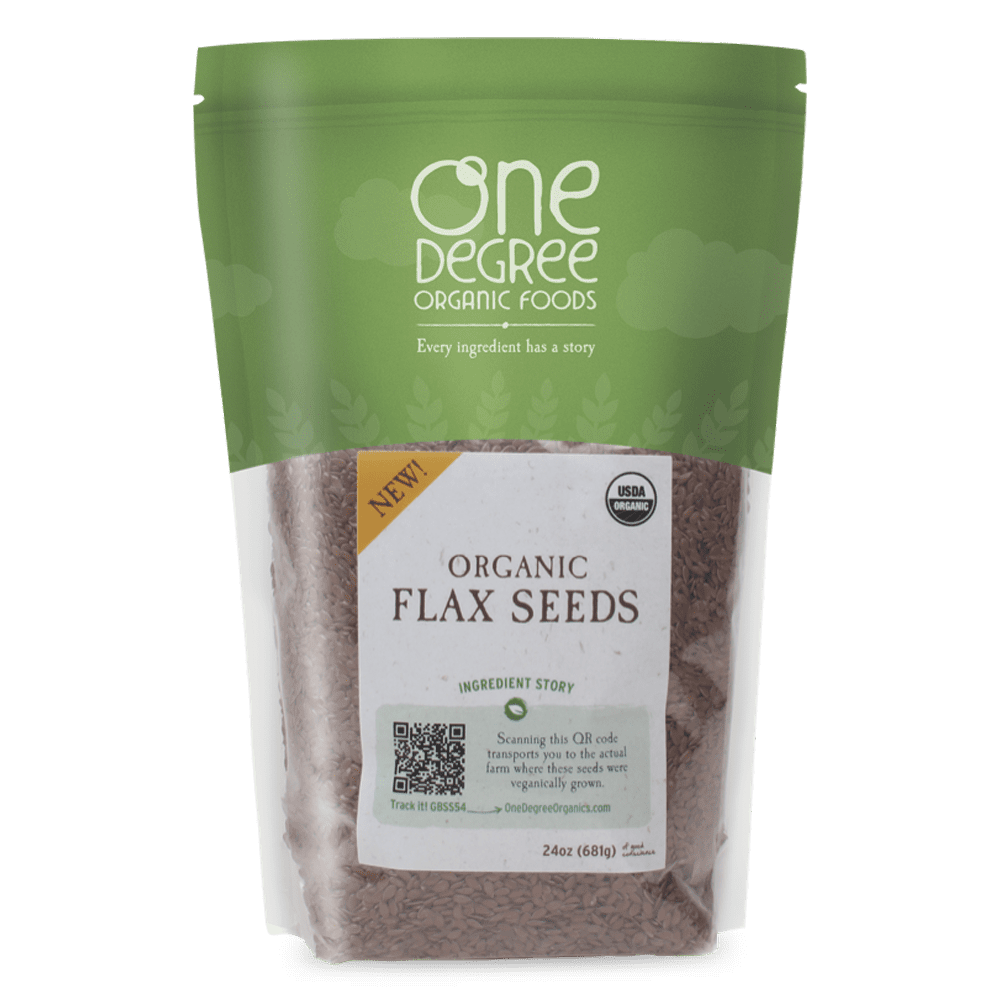Cacao Extract
Tripper
In the scenic equatorial mountains above the wild orchid-lined shores of Lake Poso, in the South Lore district of Central Sulawesi, Indonesia, organic farmer ‘Pak’ Fransiskus Pelowe tends to his crops.
Once the third-largest cocoa-producing country in the world, intensified, unsustainable plantation-style farming has reduced Indonesia’s cocoa production by almost 30% in less than a decade¹. In a region that accounts for most of the cacao harvested in the country—and were typical farm management practices put forests, cacao crop health, and soil fertility and stability at risk—Pak Fransiskus has become an ambassador for organic cacao farming.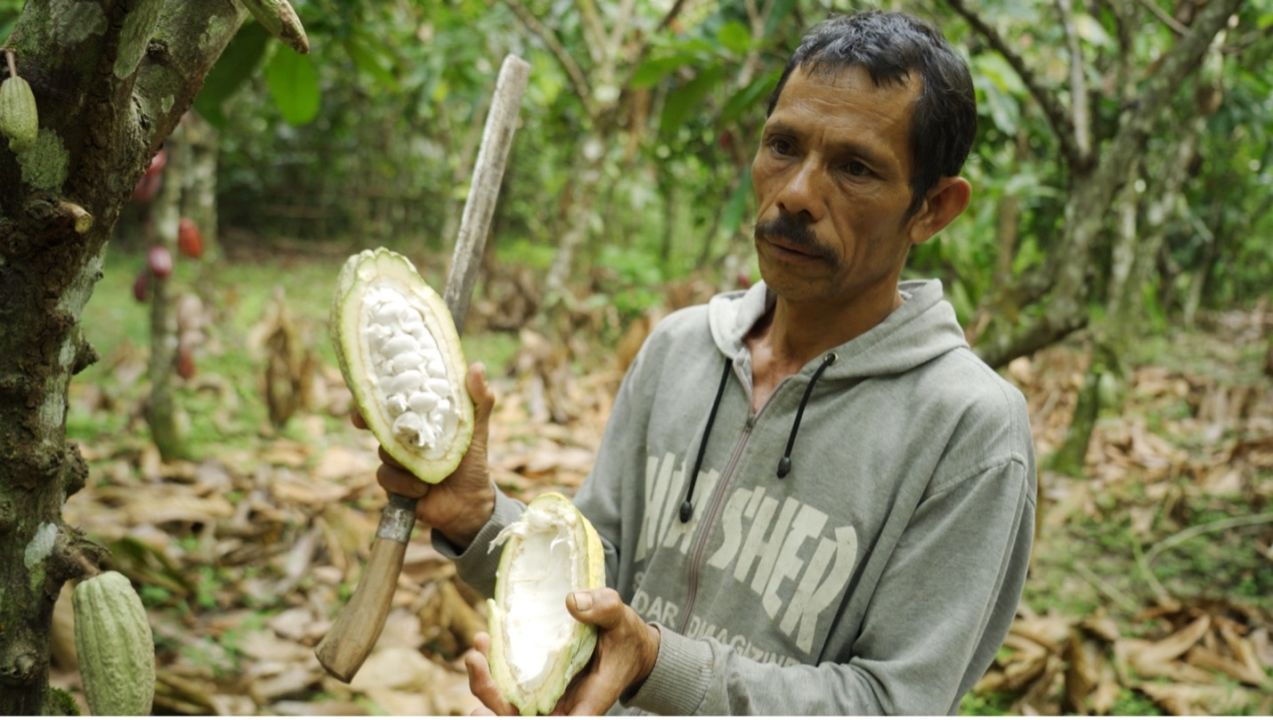
Rather than growing one monoculture crop vulnerable to pests, disease, or a bad weather year, Pak Fransiskus follows regenerative agriculture and veganic principles. Planting his organic cacao alongside vanilla, mango, taro, and sugar palm does a lot more than help protect Pak’s crop from major pests and diseases. Intercropping with mango and sugar palm trees provides the ideal dappled mix of sunshine and shade to help his cacao, taro, and vanilla crops thrive.
But shade isn’t the only benefit these trees provide. They are a welcome home to birds and bats that return the favor by helping control pests that attack cacao. The leaves and biomass from companion crops helps add nutrients so the soil on his farm is rich, fertile, and moist, even in dryer seasons. And on top of the three cacao harvests Pak can make in a year, his other crops add diversity to help him support his family.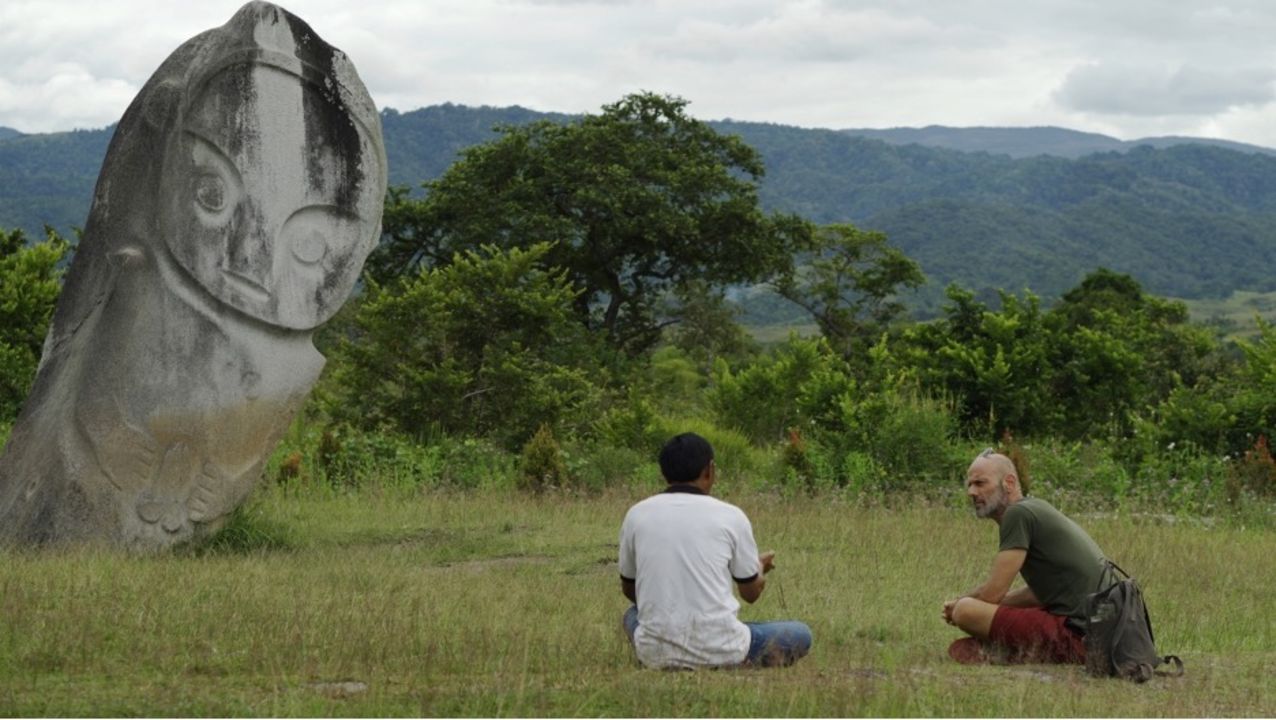
Pak Fransiskus’ believes his investment in organic practices is worth the effort. “We see the difference between organic and non-organic cacao cultivation easily. Organic beans are always better quality, which is identified by plump beans,” he says.
His dedication to organic farming doesn’t end at his farm, though. Pak has become an agriculture officer for TRIPPER, enthusiastically encouraging his peers to grow organic. He proves the benefits of organic cacao production both through his own success as a cacao farmer, and through his support of Kelompok Wanita Tani, a women’s farmer group in a local village he helps to plant more organic vegetables.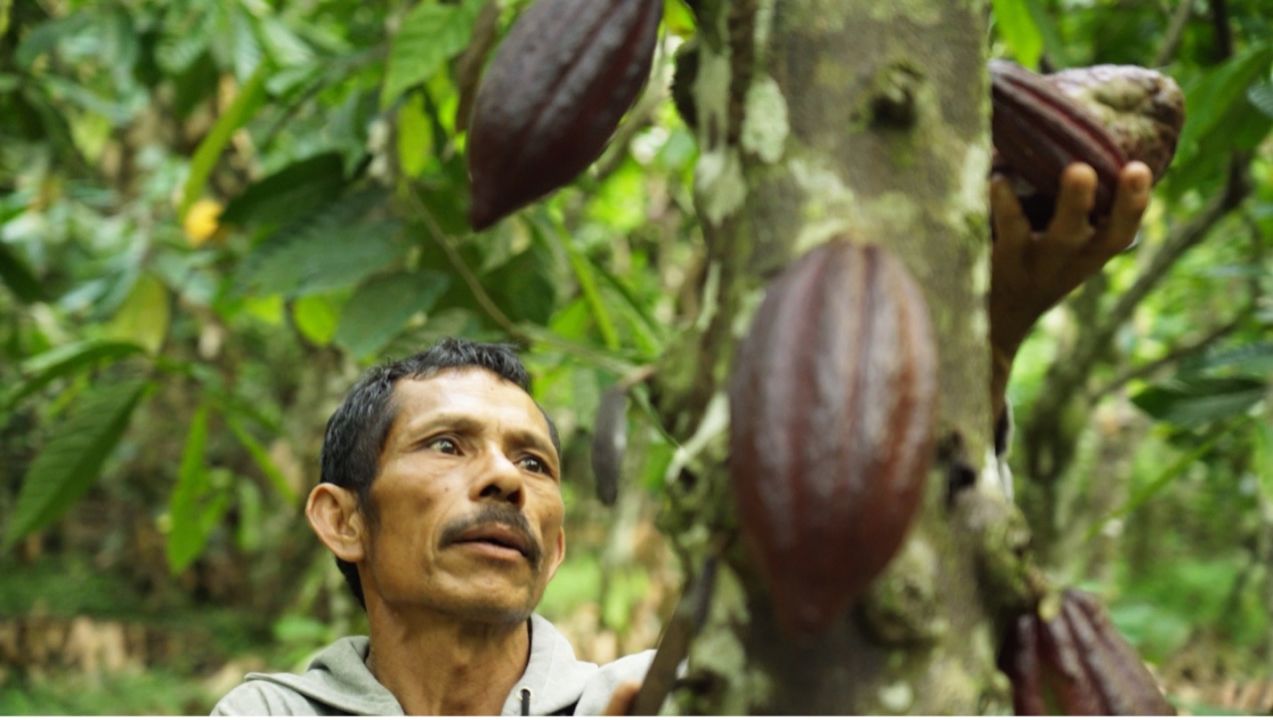
Not long ago, farmers like Pak Fransiskus processed their own cacao beans and sold their dried cacao to local buyers in a long value chain. Since 2019, partnering with TRIPPER means Pak can sell his wet cacao directly. For him, this means cutting his production costs and lets him focus on his farm. For TRIPPER, economies of scale mean they have the facilities to oversee production from
fermentation to sun drying and roasting, controlling quality at every step. So whether One Degree orders cacao ground, crushed into nibs, or turned into pure cacao extract, we can be
sure we have the best plant-based organic cacao possible to put in products like our Organic Sprouted Cacao Nib Instant Oatmeal.
